Things About Anti-Microbial Flooring You Should Know
Antimicrobial flooring materials offer protection against different types of microorganisms...
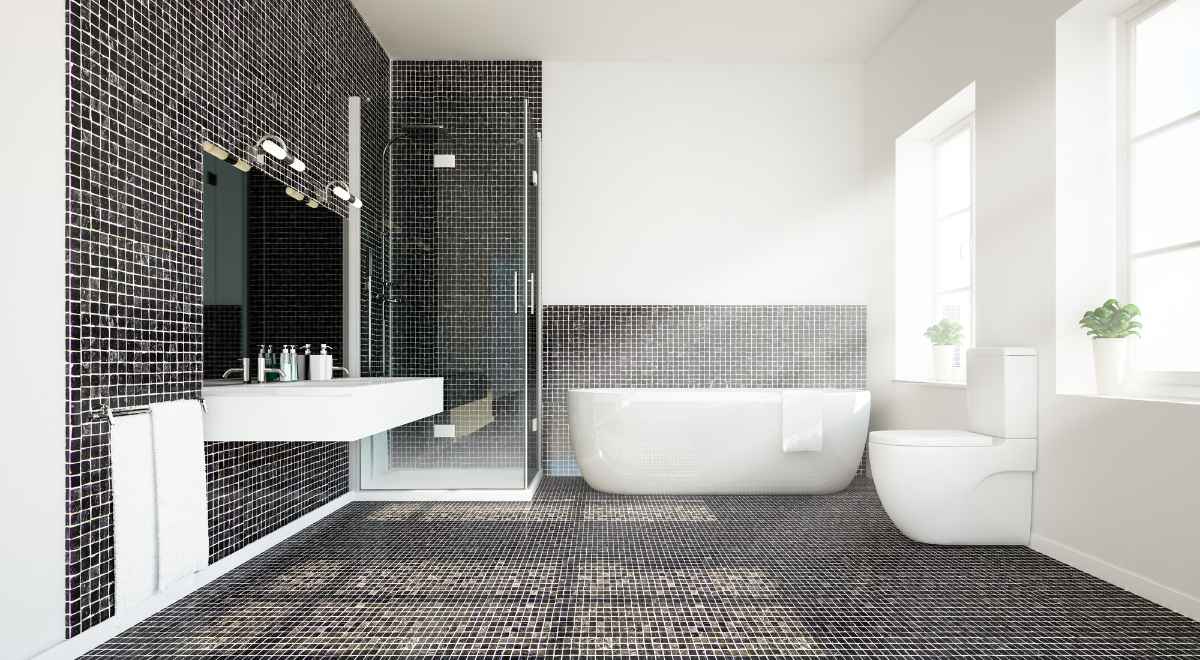
The constant spillage and presence of food particles, liquids, and dirt will undoubtedly contaminate the hard and soft flooring surfaces of your home. The crevices in hard flooring and the fibers of carpets are very much susceptible to these contaminants and end up creating colonies of microorganisms that multiply exponentially in a matter of days. Antimicrobial flooring materials that offer protection against different types of microorganisms are a good way to achieve a certain level of hygiene in your home.
1. Germ-Free Tiles
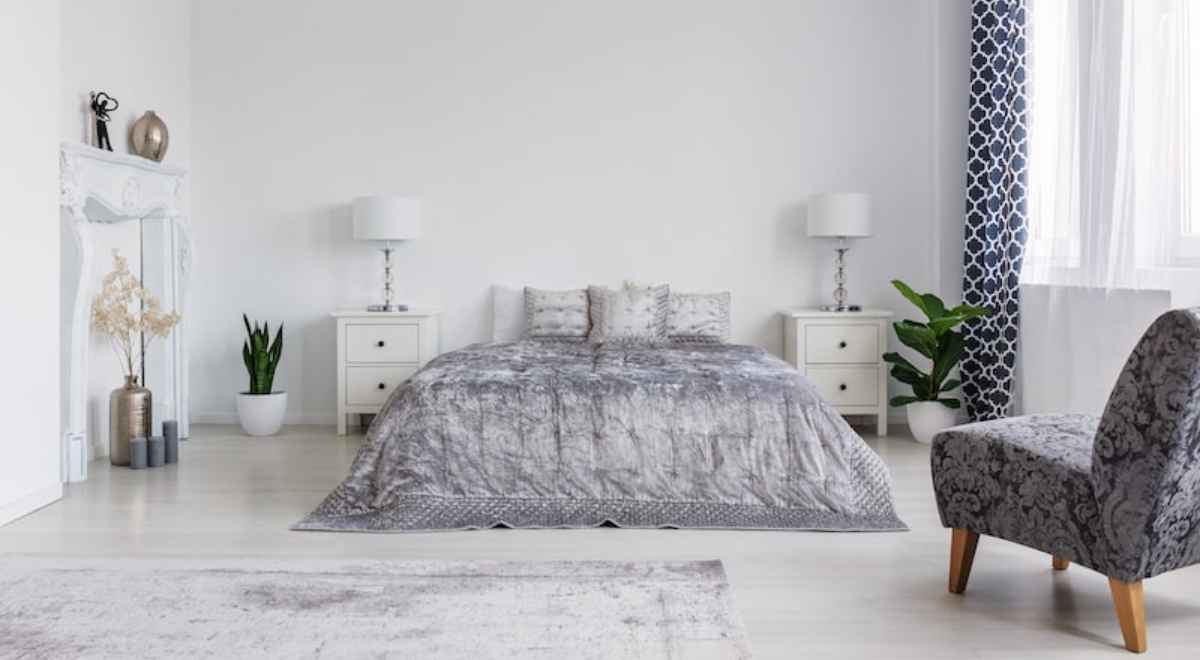
Germ-resistant vitrified and ceramic tiles that come with an antimicrobial glaze are a recent addition to the antimicrobial flooring options. These tiles are available in different sizes. The glaze compound is added to the tiles during the manufacturing process and that hampers the growth of germs, bacteria, fungus, and other microbes. The glaze is commonly composed of materials such as magnesium, zinc, and silver. Major brands such as Kajaria, Orientbell, and Johnson offer germ-free tiles in the market.
2. Vinyl Flooring
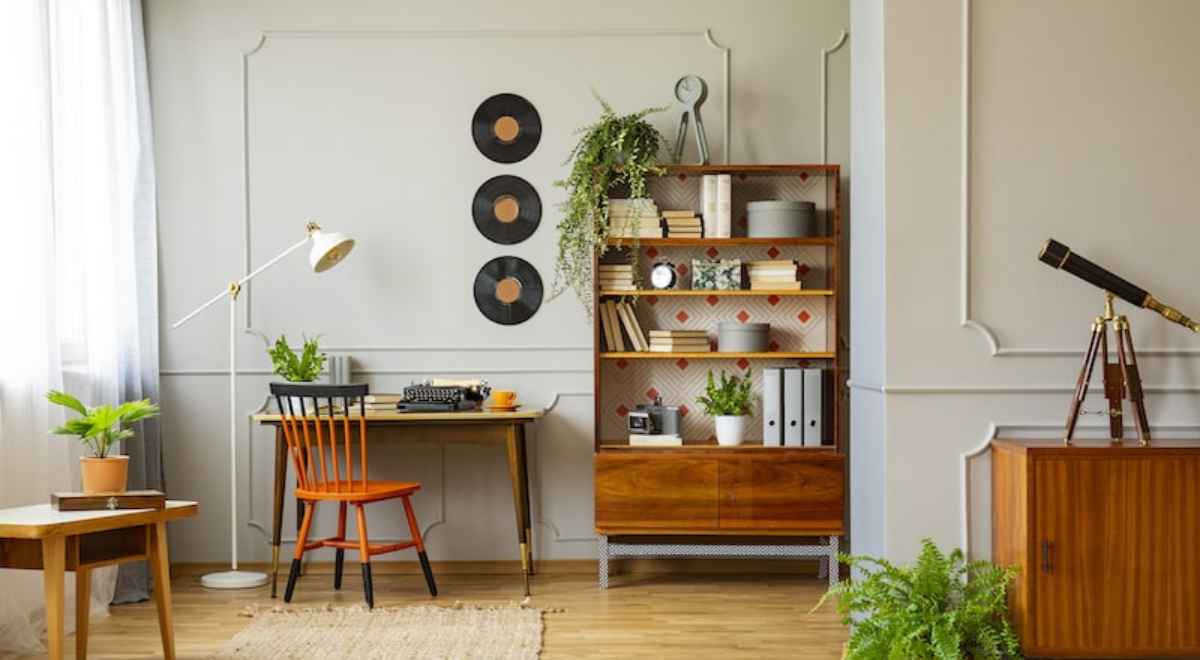
Both luxury vinyl flooring and traditional vinyl flooring are waterproof and have a soft feel underfoot. You can get vinyl flooring in various styles and colors that replicate the natural look of wood, tile, and stone. While traditional vinyl flooring only has a thickness of 1 mm and is prone to damages by scratches, luxury vinyl flooring comes with a thickness of 5 mm and is resistant to wear and tear. These are integrated with protective coatings during manufacturing to make them antimicrobial. Antimicrobial additives such as isothiazolinone, zinc pyrithione, thiabendazole, and silver are used to manufacture antimicrobial luxury vinyl flooring.
3. Antimicrobial Carpets
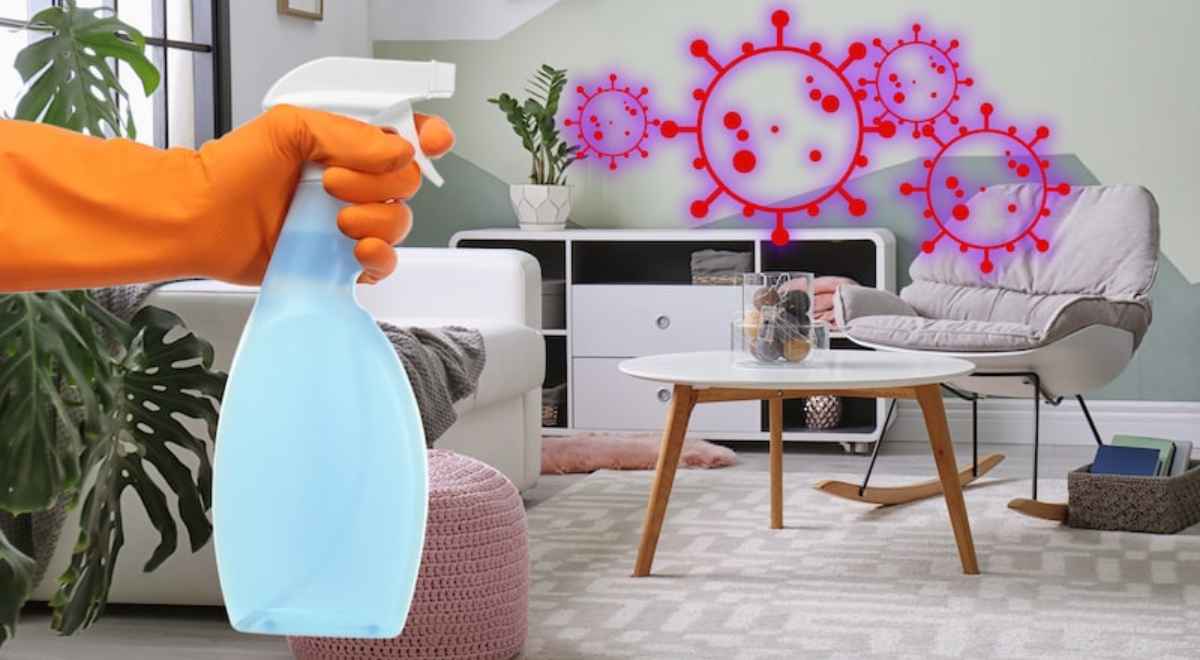
Carpets are a haven for the growth of fungi, bacteria, and dust mites. Antimicrobial carpets reduce the growth of these microorganisms that might otherwise flourish in the fibers of the carpet. Ordinary carpets have inaccessible backing and trap moisture which causes many microorganisms to flourish and create a musty odor. Various antimicrobial agents such as zinc pyrithione, thiabendazole, isothiazolinone, silane quat, and other silver-based additives are introduced during manufacturing to make the carpet resistant to mold, mildew, bacteria, and dust mites.
4. Concrete Flooring
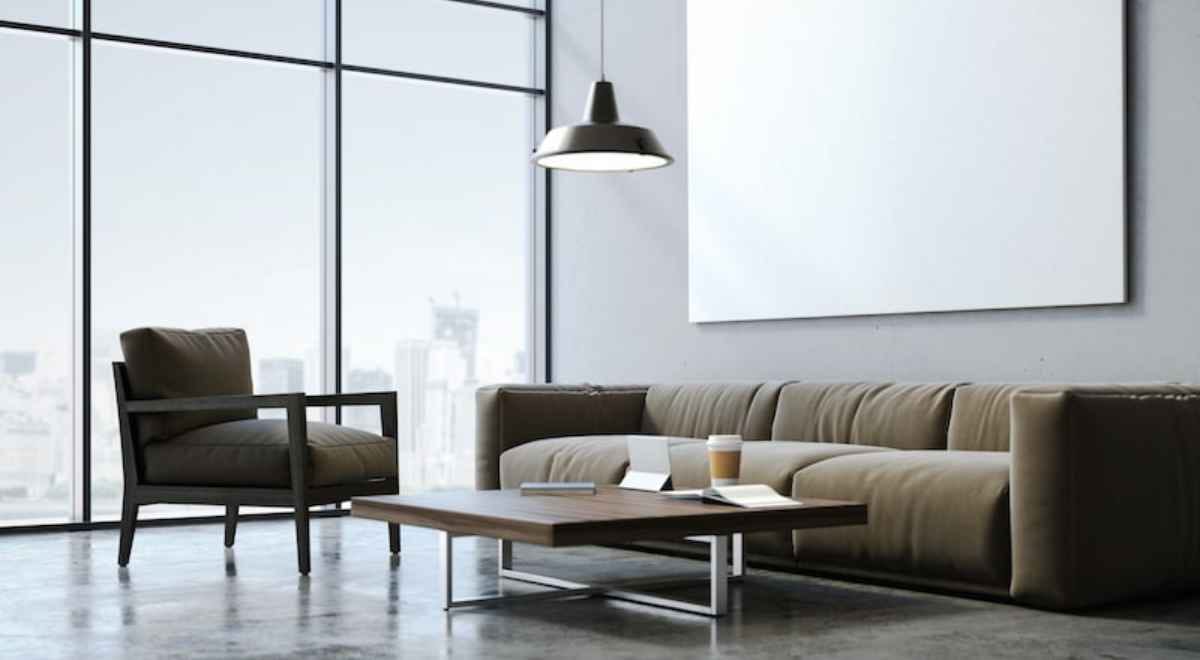
We talked about the various benefits of concrete floors in a previous article. Concrete floors have a lot of benefits such as sustainability, versatility, low-maintenance, etc. You can transform a concrete floor into an antimicrobial floor by applying a protective coating. You should first treat the concrete flooring to go through a pre-treatment with antimicrobial products which penetrate into the concrete to fill the micro-spaces where microorganisms love to thrive. The concrete flooring is then coated with a protective coating that includes silver or isothiazolinone-based compounds. This coating is also highly durable, easy to clean, non-allergic, skid-resistant, and waterproof.
5. Cork Flooring
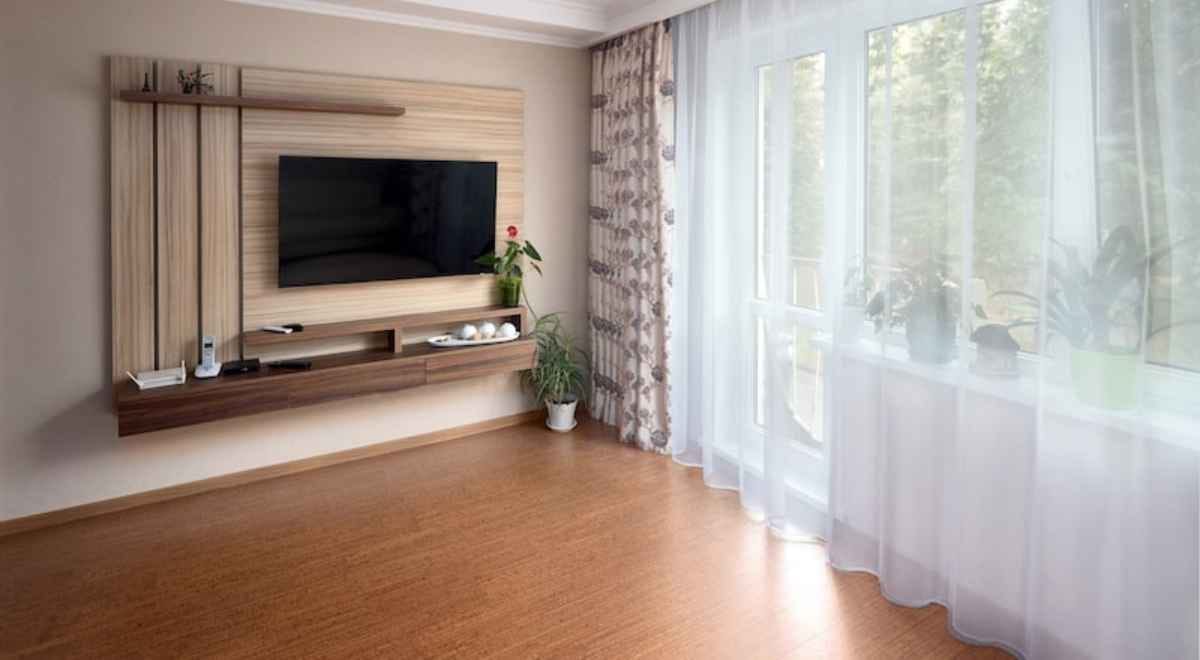
This is the only naturally antimicrobial material flooring option in this list. Cork is made from the bark of the cork oak tree and contains a wax-like substance called suberin that is excellent at naturally repelling microorganisms such as mites, bacteria, viruses, and fungi. Cork flooring is not a very popular option in India right now. Suberin forms a water-resistant surface on the cork to ensure that there is no moist environment for the growth of microorganisms, mold, and mildew. Cork flooring also has good heat insulation, noise insulation and is soft underfoot with a good cushioning effect. You can also get this flooring material in the form of tiles.

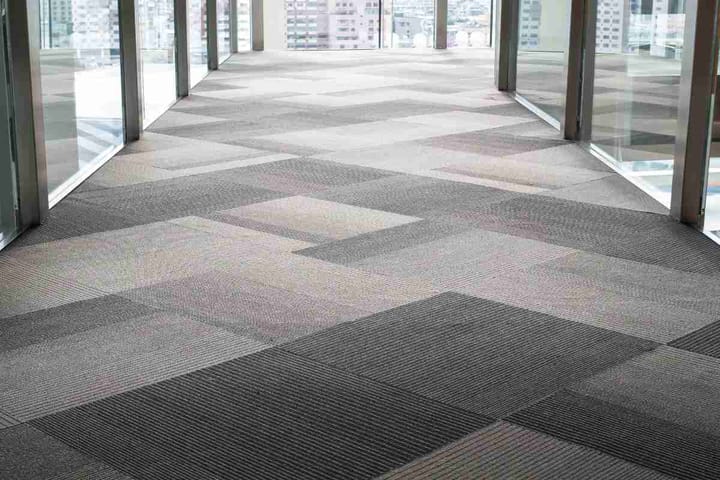
Comments ()